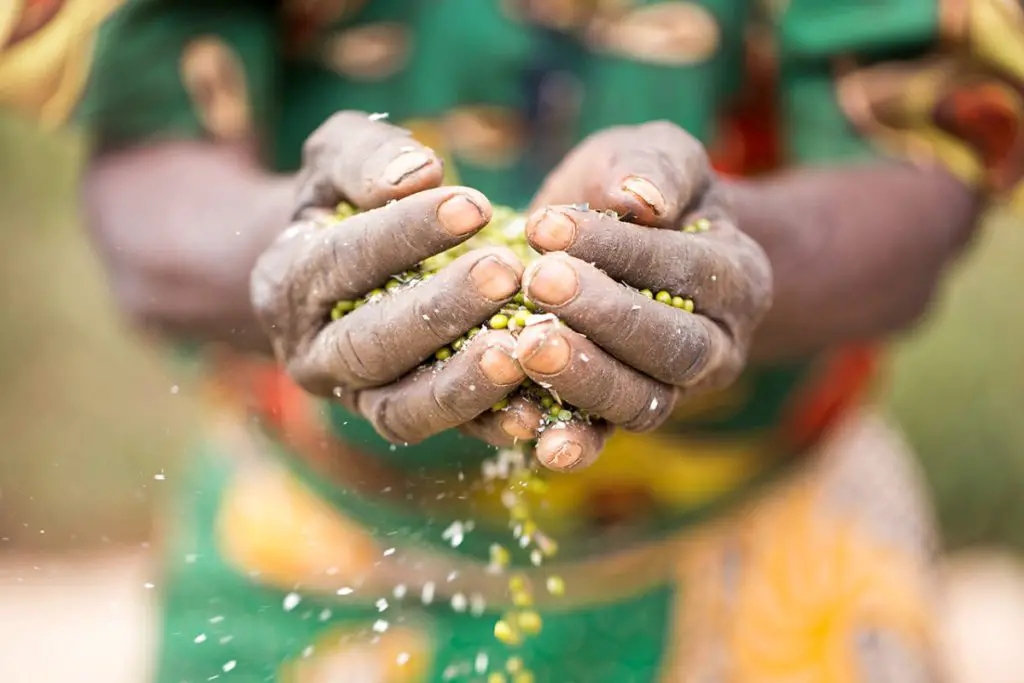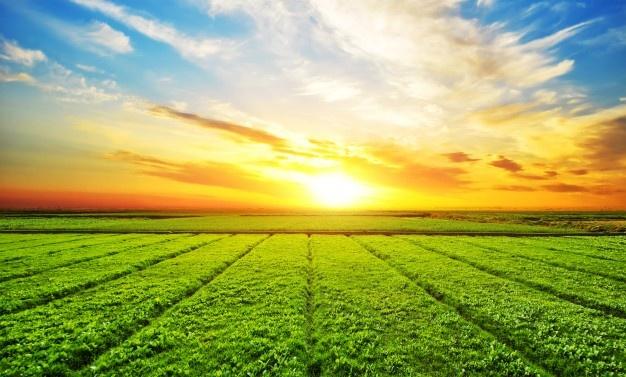Trending
- Africa’s Green Economy Summit 2026 readies pipeline of investment-ready green ventures
- East Africa banks on youth-led innovation to transform food systems sector
- The Washington Accords and Rwanda DRC Peace Deal
- Binance Junior, a crypto savings account targeting children and teens debuts in Africa
- African Union Agenda 2063 and the Conflicts Threatening “The Africa We Want”
- New HIV prevention drug is out — can ravaged African nations afford to miss it?
- From banking to supply chains, here’s how blockchain is powering lives across Africa
- Modern railways system sparks fresh drive in Tanzania’s economic ambitions






![Africa: Focus on transforming agricultural practices to boost food production Africa must look to improve and transform its agricultural practices to increase food production for food security and economic growth [Photo/Silvapinto] www.theexchange.africa](https://theexchange.africa/wp-content/uploads/2022/08/dreamstime_xl_116738955-scaled-1-1024x682.jpg)

